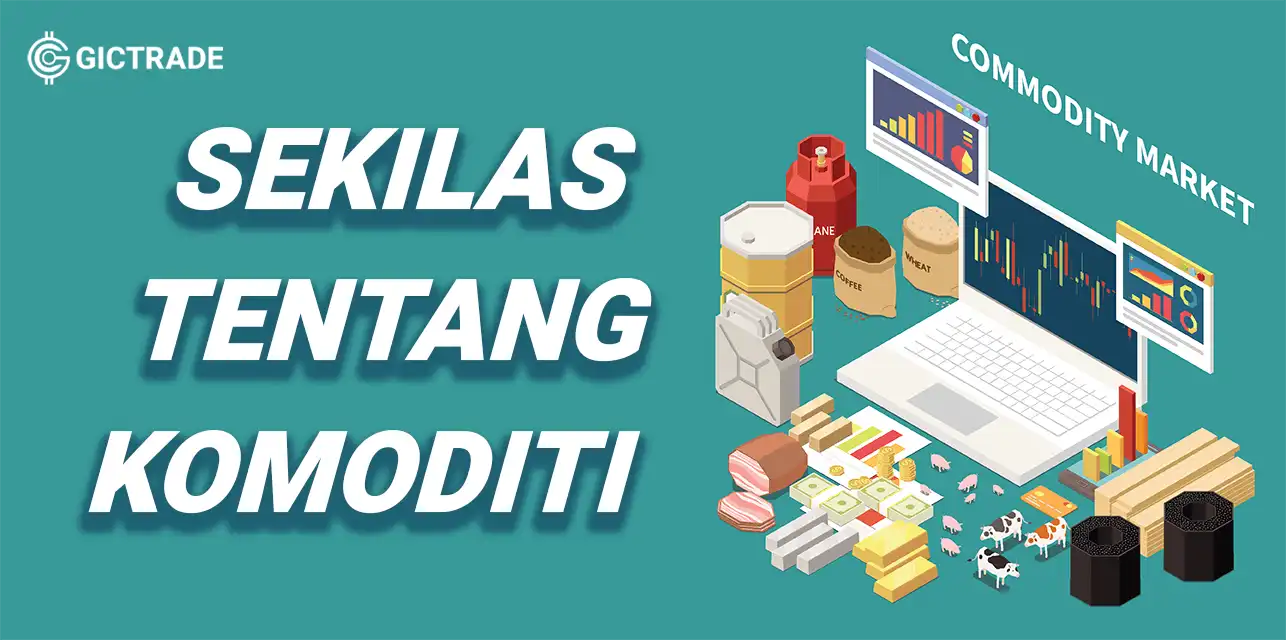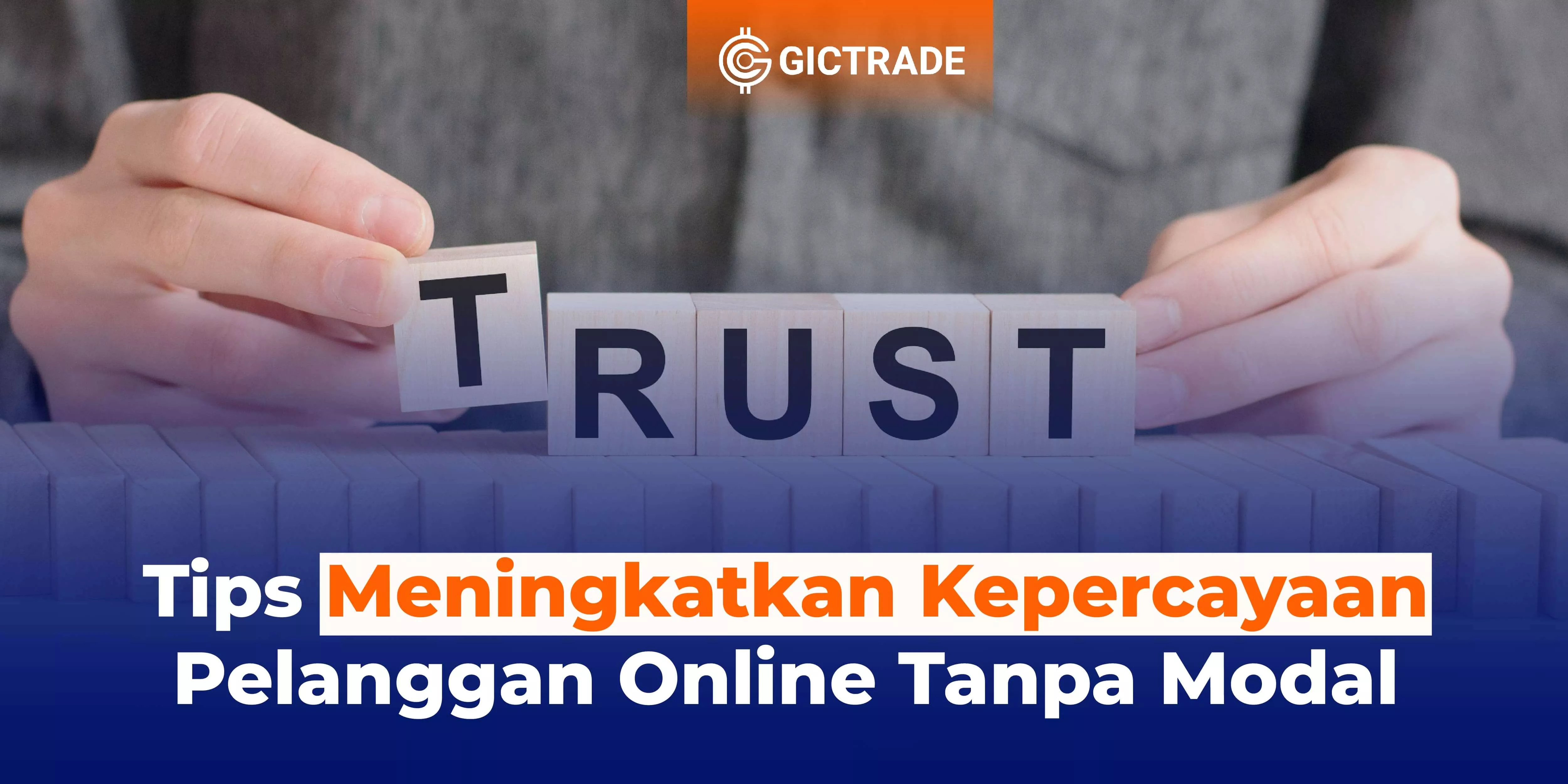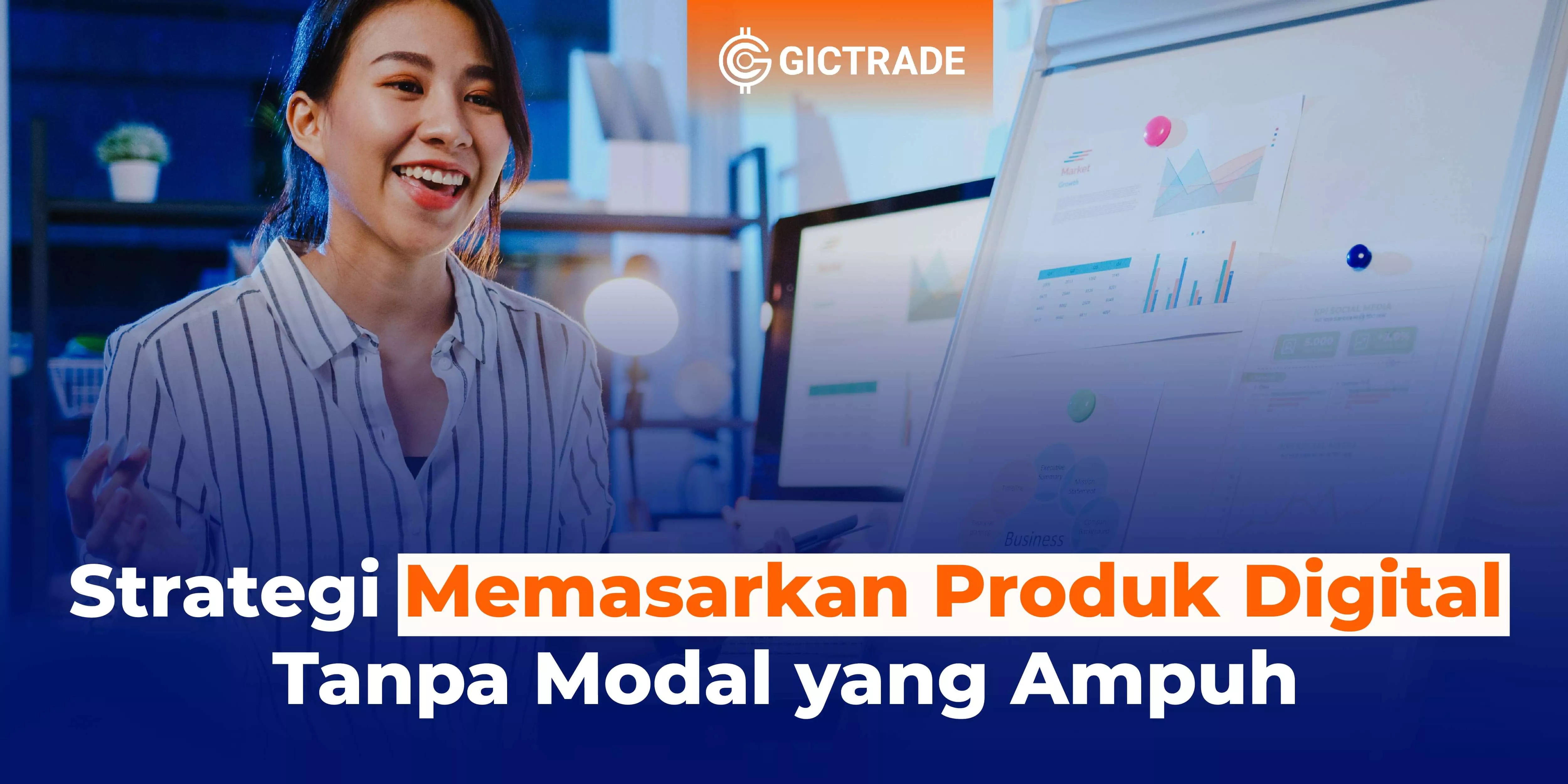Commodities are types of products that are usually widely traded such as agricultural materials, metals, and energy. For more details about this commodity, you can read the article below. Meanwhile, before that, also follow GIC Instagram for information about commodities!
What is the explanation of commodities?
A commodity is a widely available type of product that does not differ markedly from one unit to another. In the Commodities category, one item or unit can be replaced with another with similar results. Examples of Commodities, in the traditional sense, include sugar, wheat, rubber, fuel oil, cattle, gold, aluminium and wool – among a large number of other products. Other products, such as wind and solar power and greenhouse gas balancers are considered new Commodities, whose markets are growing but not yet mature. By definition, a Commodity product does not have a unique selling value. In the context of IT, this term usually distinguishes ordinary consumer products from specialty products or high-performance products. Commodities, in this context, are low-end but functional products without distinctiveness. Commodity computers, for example, are widely available standard PCs for purchase. As the technology and market for a particular product mature, it will most likely be considered a Commodity, at least in its more basic implementation. According to some market analysts, the increasing existence of smartphones and the consistency of features from one brand to another means that the product is becoming a Commodity.
What is Commodity Futures Trading?
Commodity Futures Trading is an agreement to buy or sell a certain amount of Commodity at a specific price on a specific date in the future. Commodities include metals, oil, grains and animal products, as well as financial instruments and currencies. With limited exceptions, futures contract trading must be carried out on the Commodity exchange floor. The Commodity Futures Trading Commission (CFTC) is a federal government agency that regulates the Commodity futures, Commodity options, and swap trading markets. Anyone who trades futures with the public or provides advice on futures trading must be registered with the National Futures Association (NFA), the independent regulator for anyone who trades futures with the public.
Understanding the Meaning of Commodities, Types, and Their Trading Systems
After knowing about the explanation of commodities and commodity futures trading, we will then understand about commodities, types, and trading systems.
How Does Commodity Trading Work?
Investors buy and sell Commodities through exchange-based futures contracts, or over-the-counter forward contracts. This effectively means that prices are agreed upon several months in advance, and these exchanges standardize the minimum quantity and quality of Commodities. For example, the London Commodity Exchange might stipulate that 5,000 bushels consist of one wheat contract. It will also state which wheat levels can be used to fulfill the contract. All wheat that meets those grades and criteria will be sold for the same price, no matter where it is grown, and with little variation in quality. In the physical Commodities market, there will be an actual exchange of goods. Breakfast cereal manufacturers may also buy futures contracts for corn with delivery dates a few months in the future. In this way, buying under a futures contract will protect the buyer if the future market price of corn is higher than the agreed price. The certainty that the transaction will happen allows both parties to plan and budget with confidence. However, most commodity traders do not take physical ownership of the goods. Speculators or commodity traders take a financial position (long or short) on a commodity. This can be done by using an online trading platform. Commodities can also be traded as spread betting (UK and Ireland only) or contracts for difference (CFDs).
What are the 3 types of commodity products?
The Commodity Market is the market where Commodity goods are traded. Commodity markets can be classified in a variety of ways, such as goods sold or monetary units used to measure prices.
1. Agriculture
Agricultural commodities such as coffee, corn – an important food source for livestock and humans, sugar, soybeans – whose oil is used to make crackers, bread, cakes, and cookies, and wheat – one of the most important food crops in Indonesia. World.
2. Energy
Energy commodities include crude oil used in transportation activities and plastic production, natural gas used for power generation, and gasoline, which powers trucks and light cars.
3. Metal
Metals include gold, used in jewelry manufacturing; silver, also used for jewelry and many other industrial uses; and copper, the most widely used form of electrical cable.

Commodity Trading System
The commodity trading system itself is usually based on:
-
- A computer program that signals when to buy and sell commodity futures and options contracts
- Signals are based on mathematical formulas and are usually technical analysis of trading data, such as trading volume and price
- Signals are not based on fundamental analysis of economic factors, such as supply and demand
- Technical analysis tries to predict future price movements based on historical prices, price relationships, and price trends
What commodities are most in demand?
Some of the most popular commodities include crude oil, natural gas, gold and silver. Other commodities commonly traded include heating oil, sugar, corn, coffee, wheat, and soybeans. Arabica and Robusta coffees are also popular in the soft Commodities market, so learn how to trade coffee. The most actively traded commodities will differ depending on how the market is performing. For example, a highly volatile oil market can attract more price speculators. It increases volume and open interest:
-
- Volume relates to the total number of contracts traded.
- Open interest is the total number of open long and short positions in the market.
So, what are the most valuable Commodities? High-volume commodities are often the most popular to trade. Low-volume commodity markets can be susceptible to higher volatility or even wild price swings. The topic of 'Most valuable commodities' depends on many factors: the political, social and economic stability of a region and external factors such as weather conditions and natural disasters that can damage the production of agricultural commodities, for example.
The value of a commodity is
'Commodity Value' represents the intrinsic value of a particular asset in its market, which is reflected in its price. This is subject to change depending on market changes and updates. News trading involves following and responding to current social, political, and economic changes, which can be beneficial for both short-term and long-term traders. For example, if a report is published stating that gold demand has reached a ten-year low, many traders will be looking to sell gold for fear that its value will decline. A sudden increase in the number of people selling gold can have an impact on your trading, as it will push the price of gold lower and the value of gold will increase. The price of gold can also affect the price of copper, silver or other precious metals. Read about how to invest in gold to understand the best strategies, indicators, and technical analysis methods for the Commodity market. High-impact news bulletins can have an impact on the Commodity market and the value of a particular Commodity. By understanding how to take advantage of these events, you may be able to increase your profitability.
Commodity Price Trends
Most Commodities traders incorporate technical analysis into their trading plans. Technical analysis involves utilizing data on previous price movements to forecast future price movements. These traders who are just starting out will benefit from learning how to read trading charts. A basic understanding of charts can help you anticipate potential market movements. The starting point is to look at the price chart of the market you are interested in trading. Trend trading is one of the golden rules of trading. For example, fundamental technical analysis shows that the ideal time to buy an uptrending commodity is when it breaks to new highs. However, technical analysis does not guarantee results of course. Many Commodities traders consider news releases and economic events to build event-driven trading strategies. They will continue to monitor and analyze the factors that are likely to affect the relevant Commodity market, hoping to benefit from any changes in price movements. After knowing about the commodity, how it works, types, systems, and other things, you can start trading this commodity with the types that have been described above. If you want to trade Gold, GIC also provides traders with the metal commodity. The first step you have to take to be able to trade on GIC is to
register with us first and enjoy all the benefits of trading on GIC!



 Last:
Last: 







